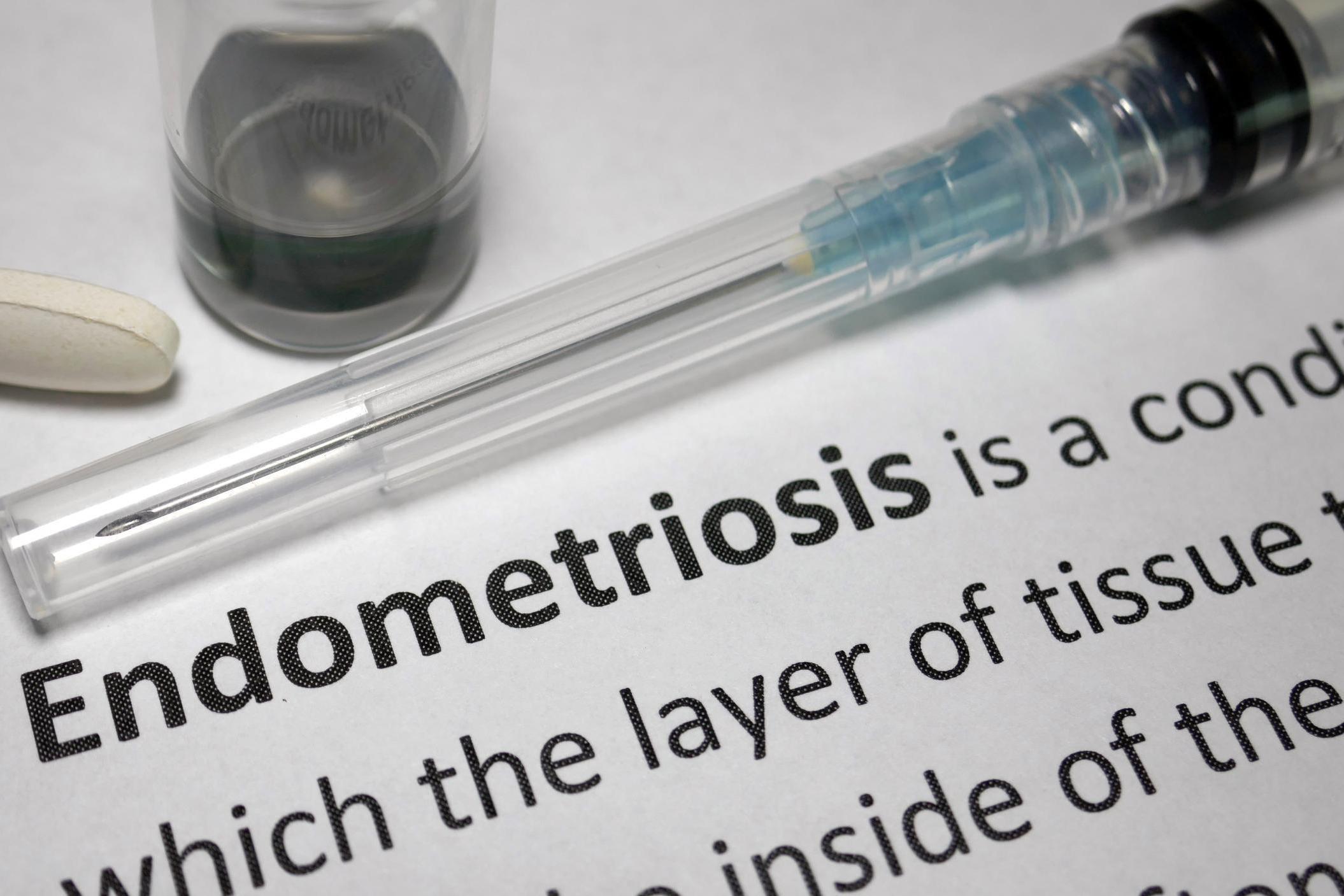Women with endometriosis are sharing photos of surgery scars with new campaign
March is Endometriosis Awareness Month

Your support helps us to tell the story
From reproductive rights to climate change to Big Tech, The Independent is on the ground when the story is developing. Whether it's investigating the financials of Elon Musk's pro-Trump PAC or producing our latest documentary, 'The A Word', which shines a light on the American women fighting for reproductive rights, we know how important it is to parse out the facts from the messaging.
At such a critical moment in US history, we need reporters on the ground. Your donation allows us to keep sending journalists to speak to both sides of the story.
The Independent is trusted by Americans across the entire political spectrum. And unlike many other quality news outlets, we choose not to lock Americans out of our reporting and analysis with paywalls. We believe quality journalism should be available to everyone, paid for by those who can afford it.
Your support makes all the difference.Women who suffer from endometriosis are sharing photos of their surgical scars on social media to raise awareness of the debilitating illness during Endometriosis Awareness Month.
Endometriosis is a common disorder that causes uterine tissue to grow outside of the uterus, often on organs in the pelvic cavity.
The painful condition affects around 176m women of reproductive age worldwide and is often treated with surgery to reduce the symptoms.
On Instagram, those who suffer from the often-misdiagnosed condition are uploading photos of their stomach scars dated and connected to look like constellations with the hashtag #ThisIsEndometriosis.
The campaign was started by Brooklyn-based photographer Georgie Wileman, who hopes the photos raise “awareness, understanding, and education” about the disease and the need for more research into treating endometriosis, according to her website.
Along with the photos, suffers are sharing their own stories of dealing with endometriosis, and how the incurable illness has impacted them.
One woman from New Zealand captioned her photo: “Tiny little scars that others can hardly see now, from the outside they don’t mean much to others yet they have a massive impact on my whole life every time I look at them or feel the pain underneath them.
“A reminder of what endometriosis does to us and what we’ve yet to overcome,” she wrote.
In another photo, a woman showed the 11 incisions she underwent to treat the condition.
“Three surgeries. 11 incisions. All within five months. Over a decade of pain before being diagnosed,” she wrote, before recalling how she had her first endometriosis flare at 11 years old but was not diagnosed until she was 25.
For one sufferer, the campaign means being able to express all that she does to hide the symptoms of the invisible illness, including becoming an “expert at faking it”.
She wrote: “Faking a smile. Faking a laugh. Faking concentration when I’m actually needing to concentrate on not screaming or crying. Faking that the pain isn’t too bad today. My disease is invisible.
“But if you look closer… my clenched fists, my shaking leg, the focused look on my face. The scars on my stomach. My bloated belly. I’m living life at a level of pain that you would be terrified thinking you’re dying.”
According to the NHS, endometriosis takes an average of 7.5 years to diagnose.
While there are various treatments for the condition, none can cure it, and in many cases, surgery for the condition is considered “elective surgery”.
Join our commenting forum
Join thought-provoking conversations, follow other Independent readers and see their replies
Comments